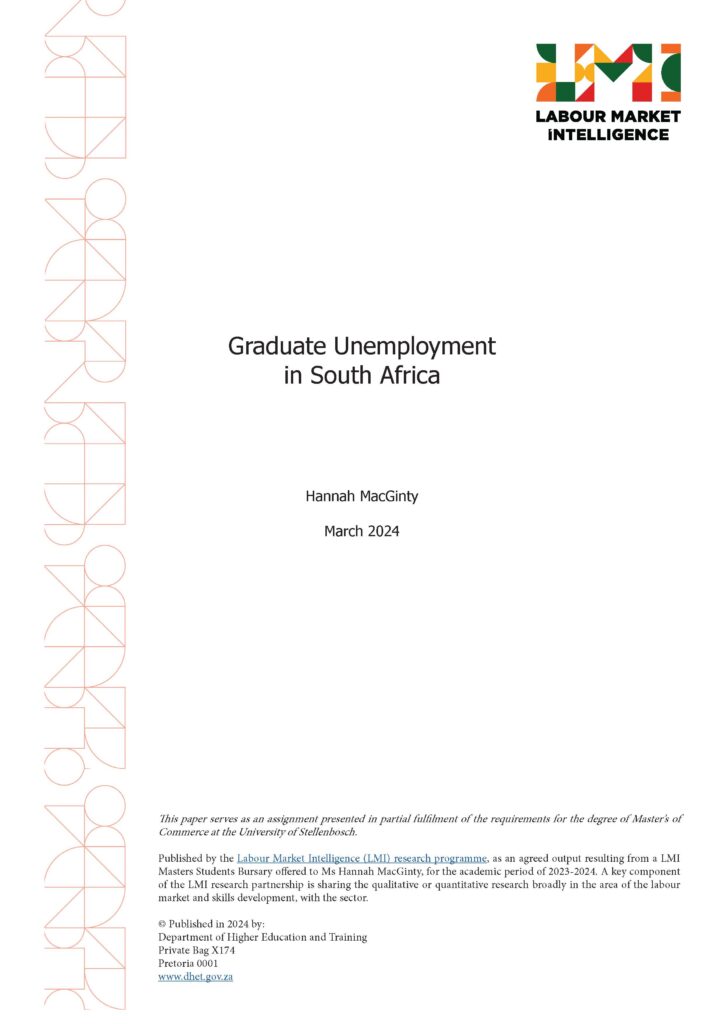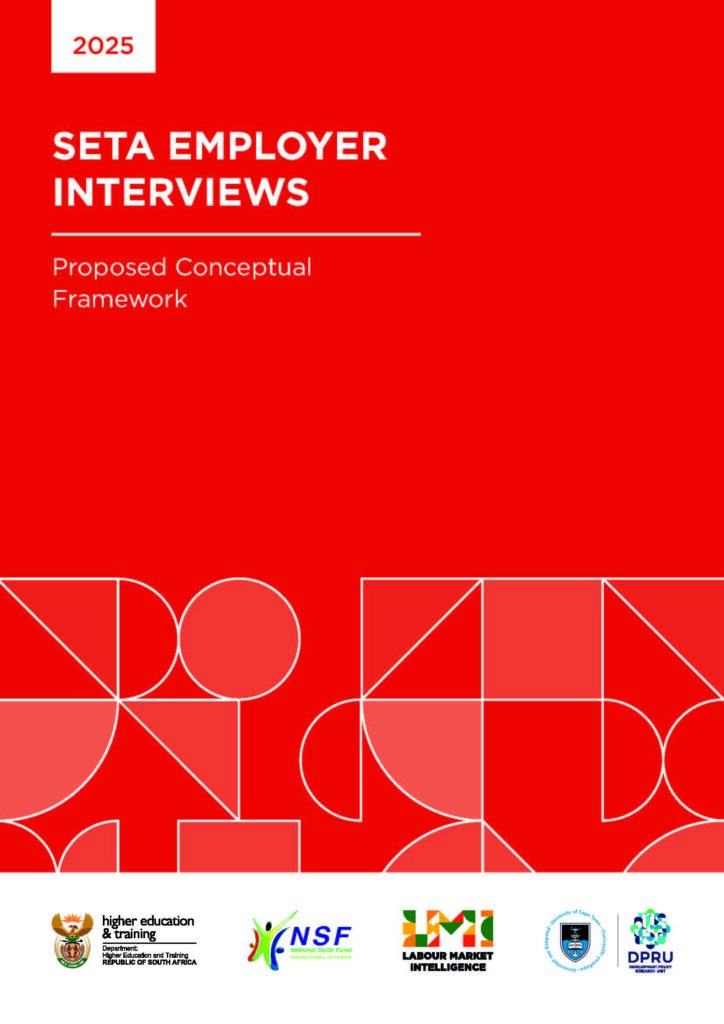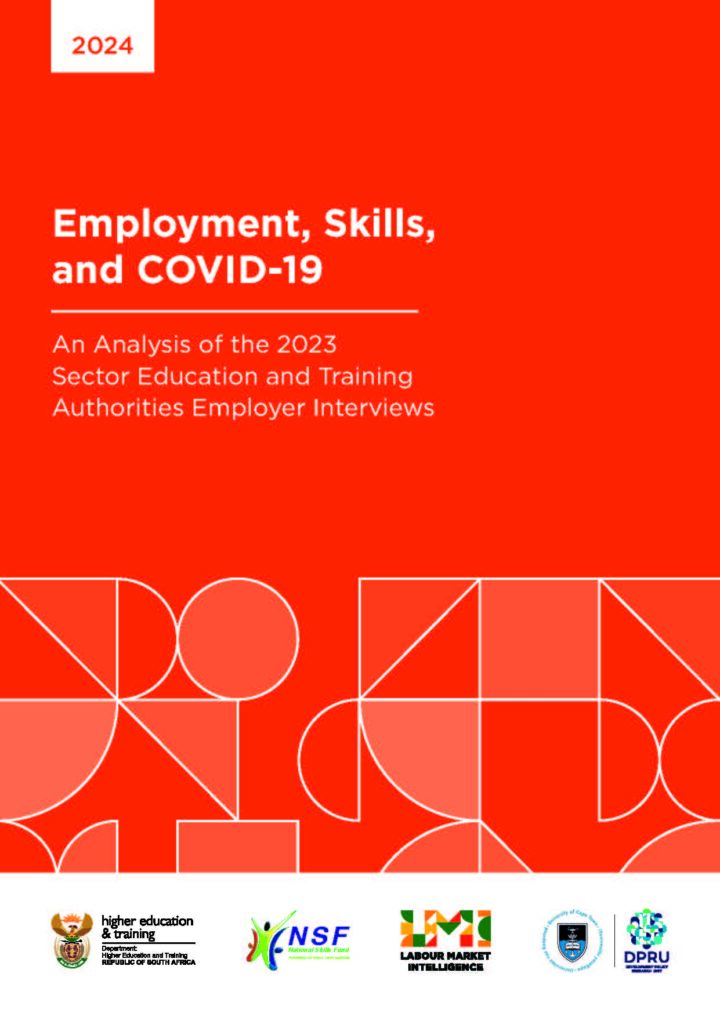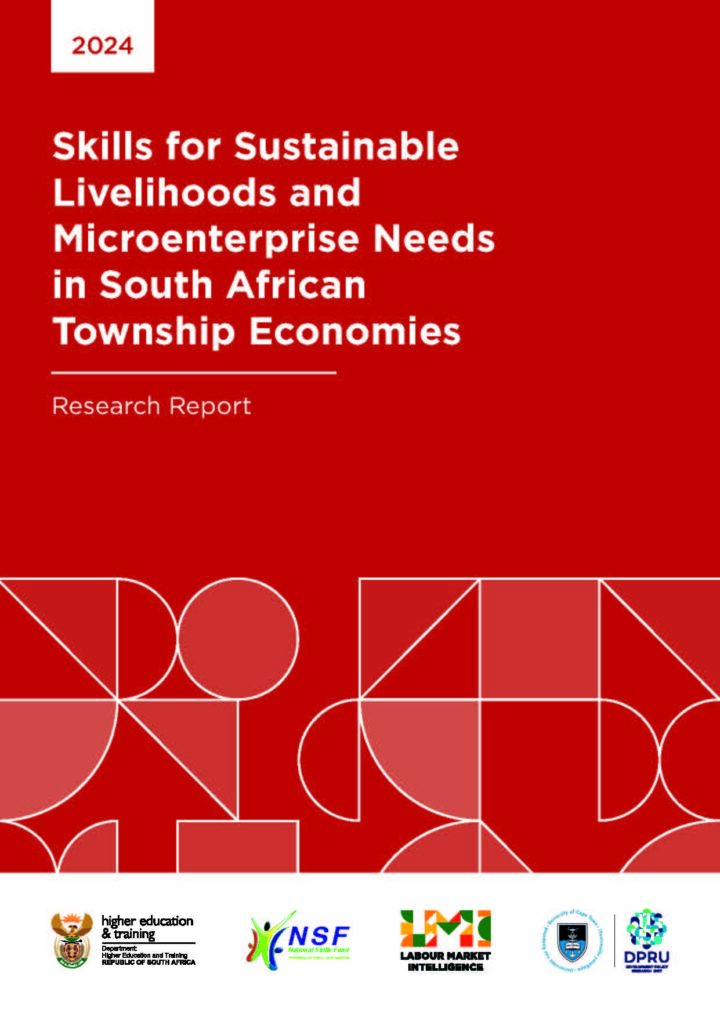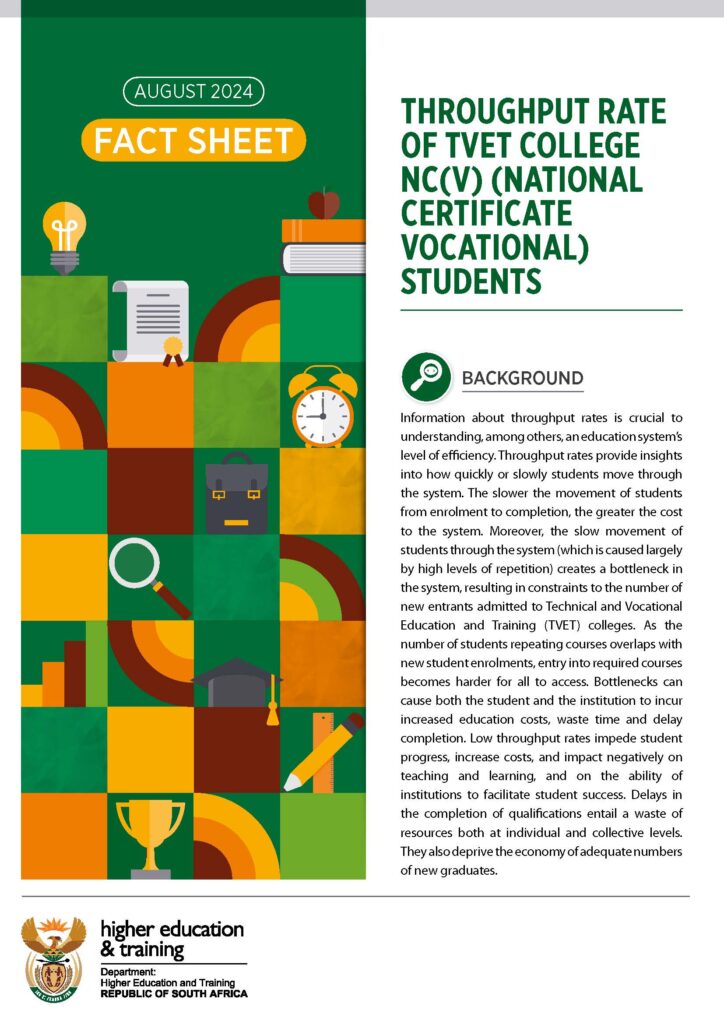Abstract
To assess trends in graduate unemployment rates in South Africa and identify those most affected by this problem, various econometric techniques are employed using data from the Quarterly Labour Force Survey from 2008 to 2023. The findings show that graduate unemployment has doubled over the last sixteen years. However, regression analysis reveals that, while graduate employment is falling, it is not falling as steeply as in other education categories, mitigating concern about the returns to higher education.
The surge in graduate unemployment seems to primarily form part of a broader stagnant trend in the labour market. In addition, propensity score techniques indicate that shifts in the composition of graduates have contributed to the decline in their employment rates in 2023. Concerningly, despite increased access to higher education, there remain inequalities in employment, whereby African, female and young graduates are most adversely affected among the graduate cohort.
Due to the significant employment advantages of higher education, efforts to improve the quality of schooling and access to higher education should be continued, as well as policies to curb unemployment affecting young adults more broadly.
This publication
- serves as an assignment presented in partial fulfilment of the requirements for the degree of Master’s of Commerce at the University of Stellenbosch.
- contributes a key component of the LMI research partnership via the sharing the qualitative or quantitative research broadly in the area of the labour market and skills development, with the sector.
